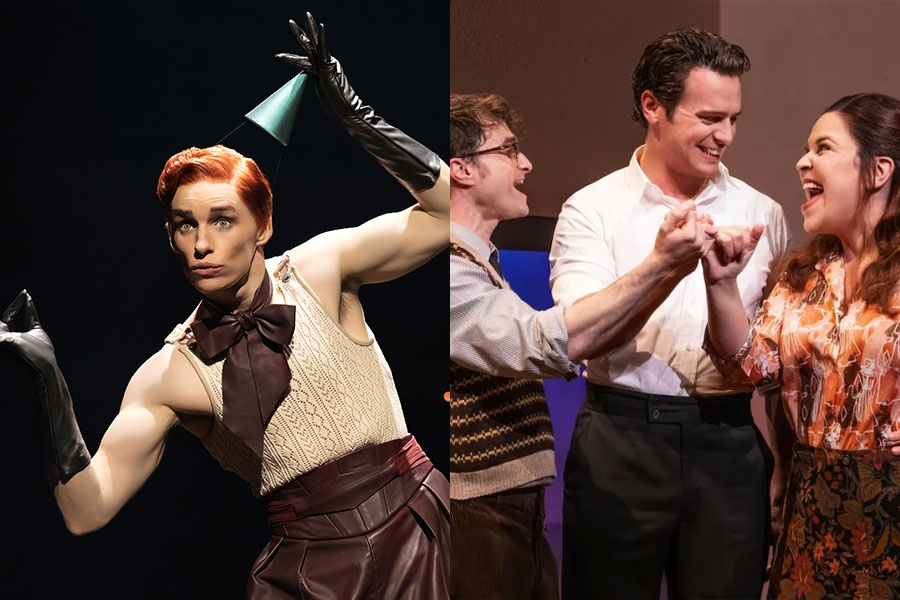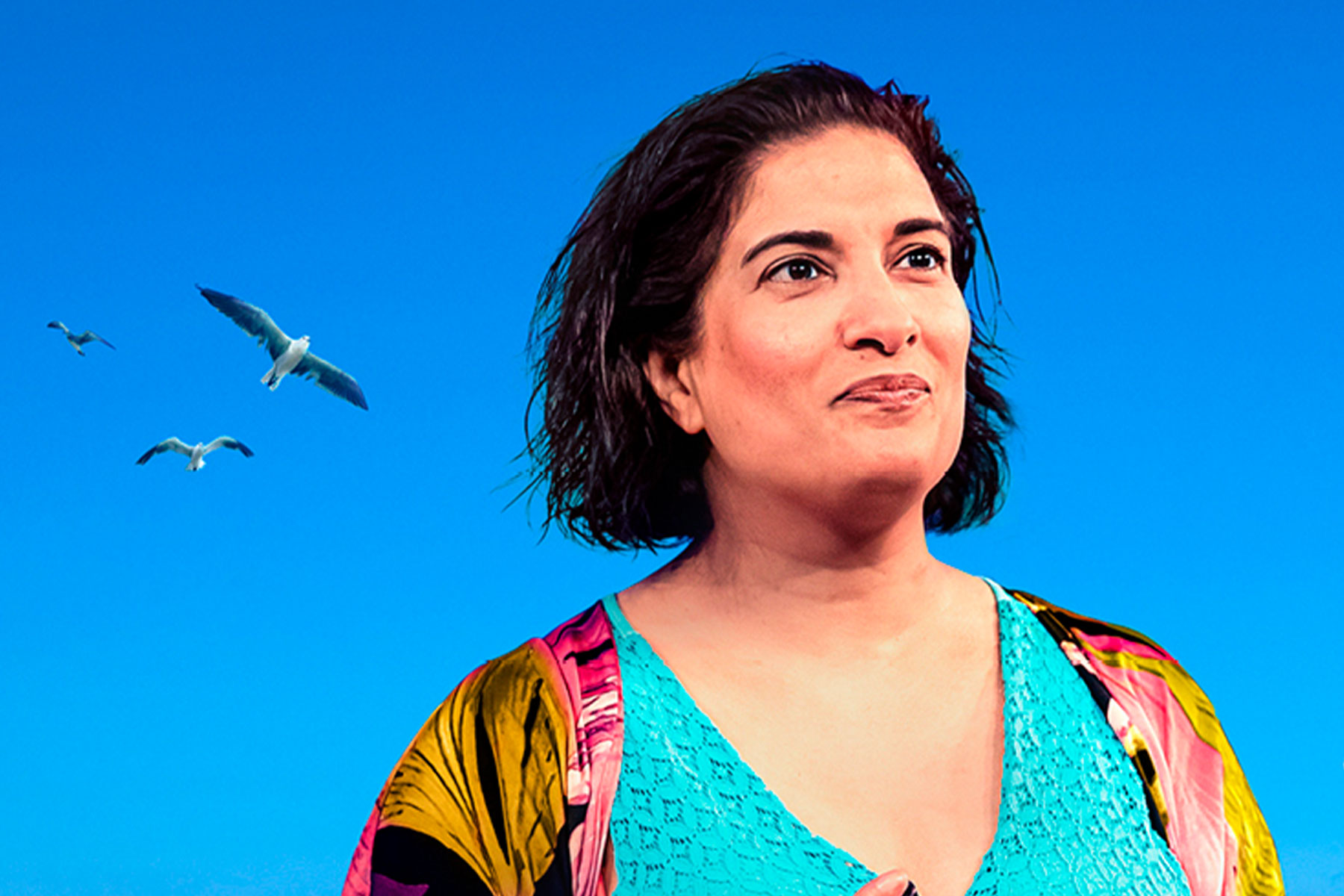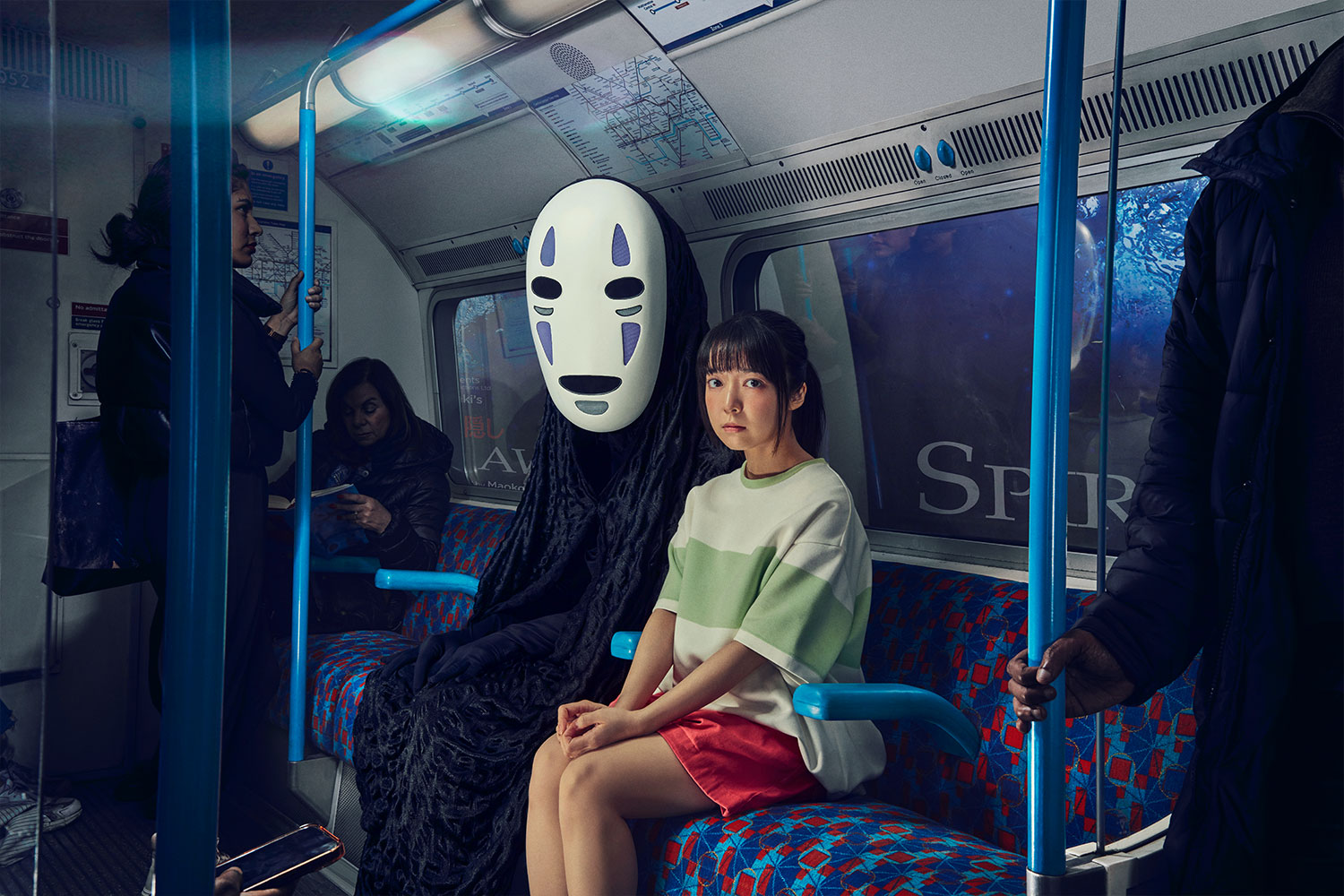Undiscovered Gems Revived in Bury St Edmunds
Under its artistic director Colin Blumenau, the Georgian Theatre Royal at Bury St Edmunds has been unearthing some neglected gems from the dramatic repertoire of the late 18th and early 19th centuries. There’s more to theatre of the period, we’ve discovered, than Sheridan and Goldsmith.
She wrote it in 1792 at the height of the French Revolution. Though a radical in her political thinking, Inchbald was appalled by the September Massacres in Paris and adapted an earlier French play Jean Hennuyer l’évêque de Lisieux about the 16th century St Bartholomew’s Day Massacre. Her play was never performed; it was deemed too controversial at the time to be produced, though this was at a period when her circle included Mary Wollstonecraft, William Godwin and Thomas Holcroft.
Inchbald ‘s changes to the French original included taking out the original references to a political conflict masquerading as a religious war and turning it into a drama about any act of aggression, civil strife or genocide. Blumenau and dramaturg Helga Brandt have interpreted the text to ensure that it stands as a neutral debate on the effects of war anywhere and at any time. The cast includes Maya Sondhi as the Wife, Madhav Sharma as the Husband, Abdi Gouhad as the Judge, Eamonn O’Dwyer as the Friend and Russell Simpson as the mob’s Leader.
Our theatre-going ancestors expected value for money. One play wasn’t enough to make up a full evening’s entertainment and, true to this tradition, The Massacre has a companion piece. This is by Jonathan Lichtenstein and marks the beginning of a new collaboration between the Theatre Royal and the University of Essex (which includes projects to promote research into Georgian theatre). It’s a response to Inchbald’s original, developing some of the issues raised – such as the nature of human aggression and the subjugation of women – but taking other concerns of the Georgian period into account.










